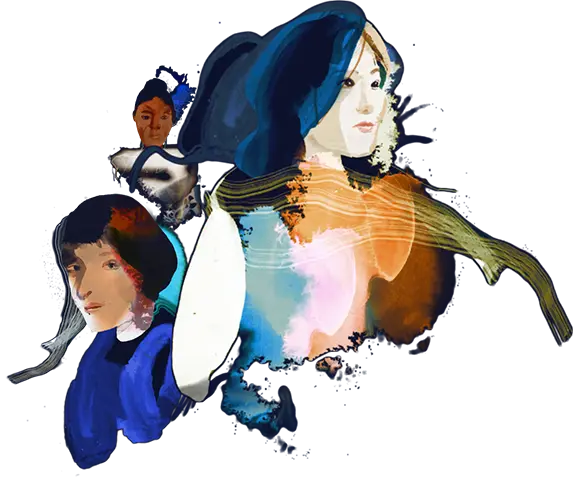Mental health conditions during pregnancy or in the first year after birth can affect anyone, including those with no previous experience of mental health problems.
It’s estimated that as many as 1 in 5 women experience some form of mental health issues during this time, known as the perinatal period, according to UK’s National Health Service, and these vary greatly from non-psychotic conditions, such as depressive illness and anxiety, to less common conditions, such as postpartum psychosis.
But a widespread lack of knowledge, deeply entrenched stigma and systemic gender and economic inequality mean that millions of people are estimated to go undiagnosed or untreated each year in high, middle and low income countries alike.
“The context in which [these issues] occur varies from culture, environment, and population,” Alain Gregoire, perinatal psychiatrist and honorary president of the Maternal Mental Health Alliance, told CNN. “But the experience of suffering profound trauma at such a critical time in life is something that is shared by women, children and families all over the world.”
Scroll down to hear from nine women based in different regions of the world, who provide a window into how it feels to live with these conditions, and how expectations, poverty, inequality or a lack of support can further influence these outcomes.
Their accounts have been edited for clarity and brevity.
Where the nine mothers are based
This feature is made up of five parts:
1 What it feels like
Pregnancy, childbirth and motherhood cause a woman’s entire reality to transform – from hormonal and physical changes, to motherhood itself, which entails gaining a new role in family, in society and at the workplace.
Zebunisa Pathan and Daniela Pi?ate share their experience of struggling with their mental health during this already intense period of change.
“Nobody was understanding me.”
Five days after giving birth, Zebunisa Pathan was extremely sleep deprived and started developing symptoms of severe postpartum psychosis. She was admitted to a mother-and-baby unit more than 30 miles away from her home in the UK because her nearest hospital did not have this facility. She was there for three months.
Pathan describes her experience, step by step.
Zebunisa Pathan, 29
Leicester, United Kingdom
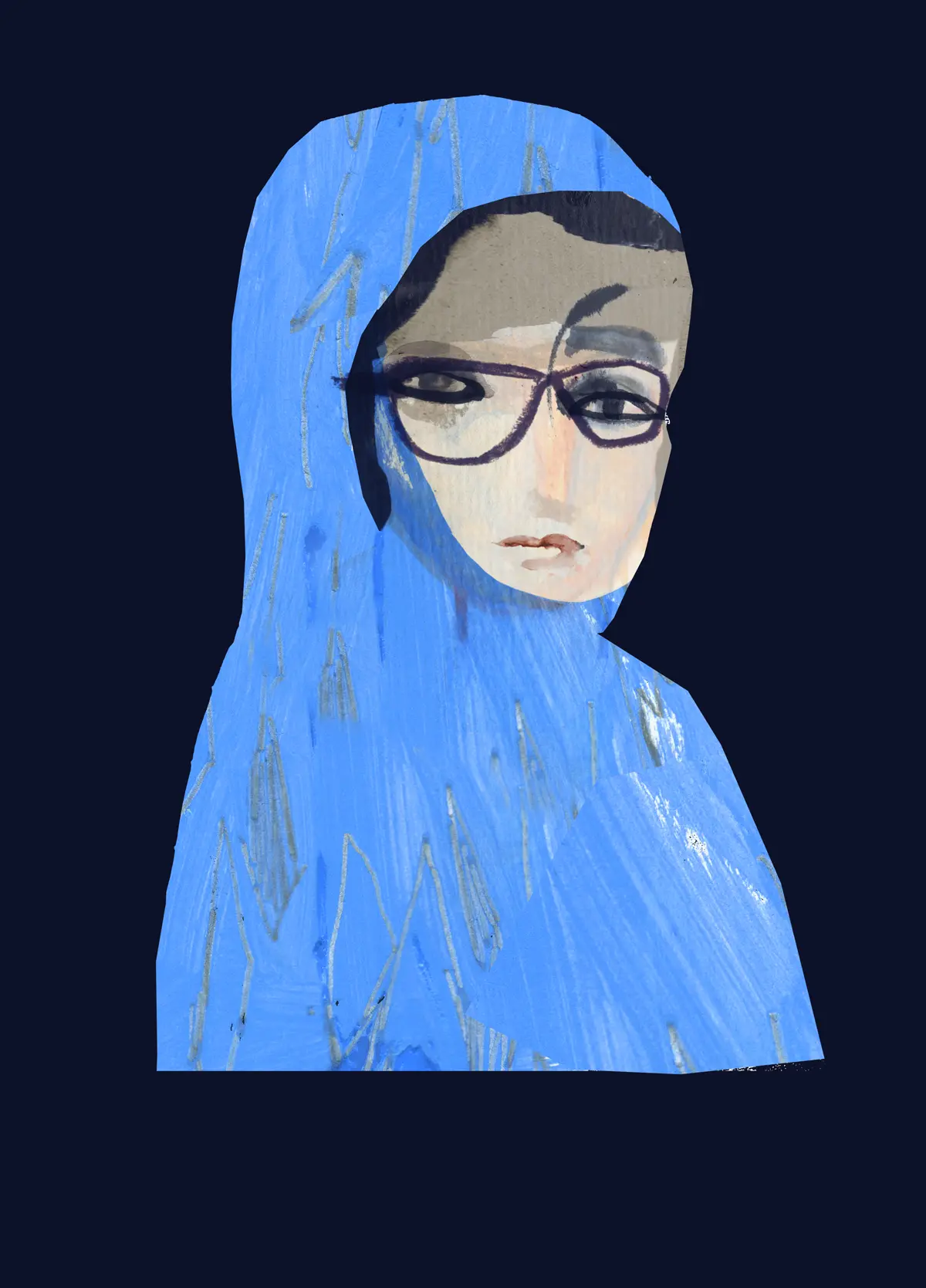
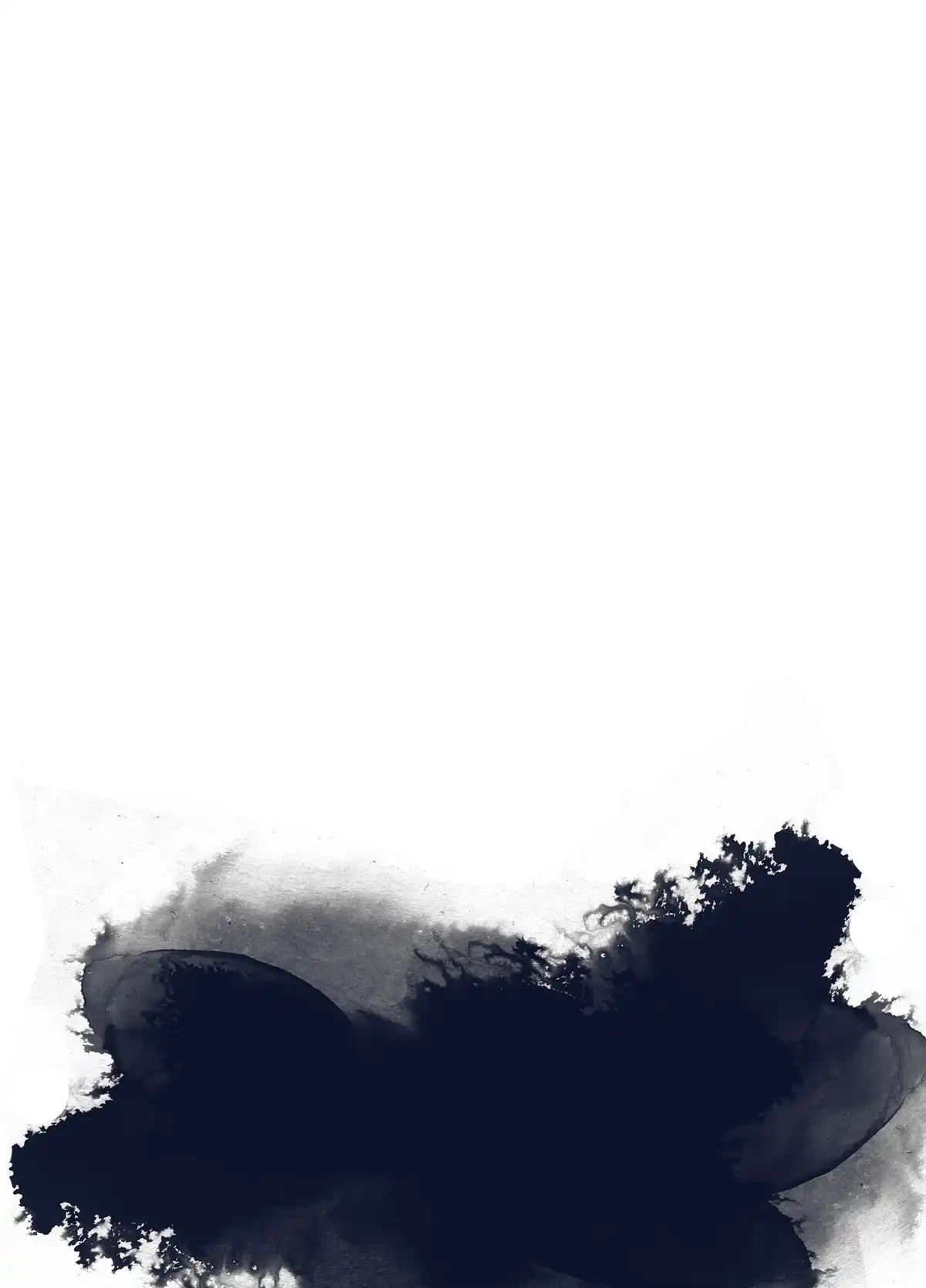
From day zero to 10, I was showing all the symptoms of a woman with postpartum psychosis. So the list is: a woman is unable to sleep, having hallucinations, delusions, elated.
So all the criteria I was fitting. My personality was ten times my personality. So, I was severely hyper, severely enthusiastic, and I had verbal diarrhea.
And when it came to the services taking me to the mother and baby unit, I wouldn't let them take me.
Between day five to day 10, nobody was understanding me. No one was listening. I kept on telling everyone, “You're not listening”. And I might have been raising my voice at everyone.
I was doing bizarre behavior. One instance, I was thirsty, so I chucked a whole jug of water over my head, and I was just doing lots of bizarre behavior. I poured a whole bottle of oil all over myself because my body was aching.
So, I had logic behind what I was doing, but the way I was carrying out the behavior was a bit bizarre.
I’d never heard of postpartum psychosis. So I was feeling a bit frustrated, confused, didn't know who to trust, didn't know why I was there. Because I was ill, but I didn't know how ill I was.
I was there and I was just thinking the whole time I didn't want my baby to be taken away from me. I was having separation anxiety. And apparently, even though I was really ill, I was still looking after my baby quite well.
They said in the beginning, I'll get worse and then get better. And that's how it is. And that's exactly what happened.
“I feel like I’m drowning.”
When Daniela Pi?ate gave birth to her daughter a year ago in Ecuador, she developed postpartum depression soon after. She describes feeling like a zombie and how her feelings were blocked, while also feeling guilt about this making her the worst mother in the world.?
Pi?ate shares entries from a diary she kept to help her get through it.?
She speaks in Spanish, with English translation.
Daniela Pi?ate, 36
Olón, Ecuador

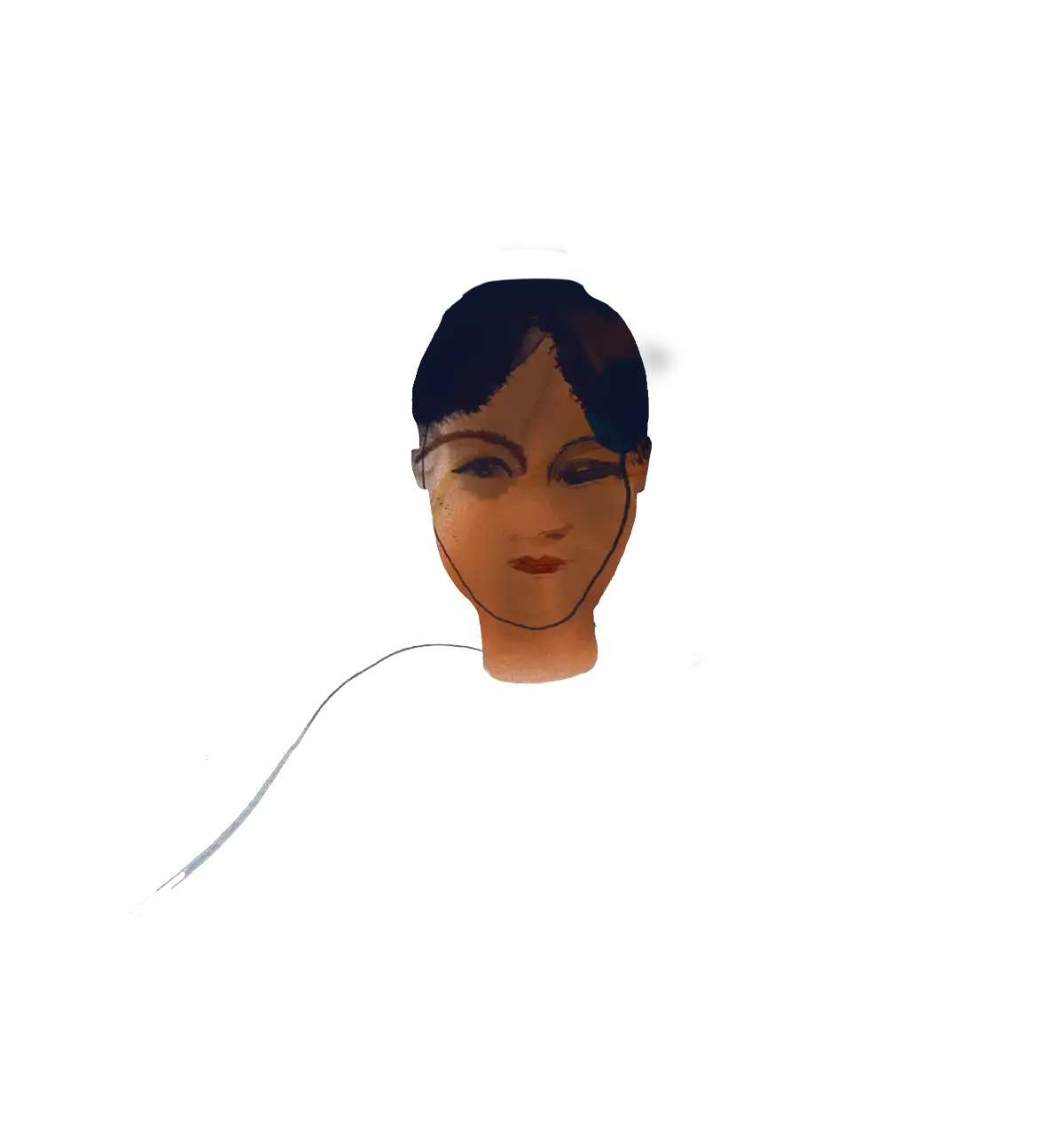
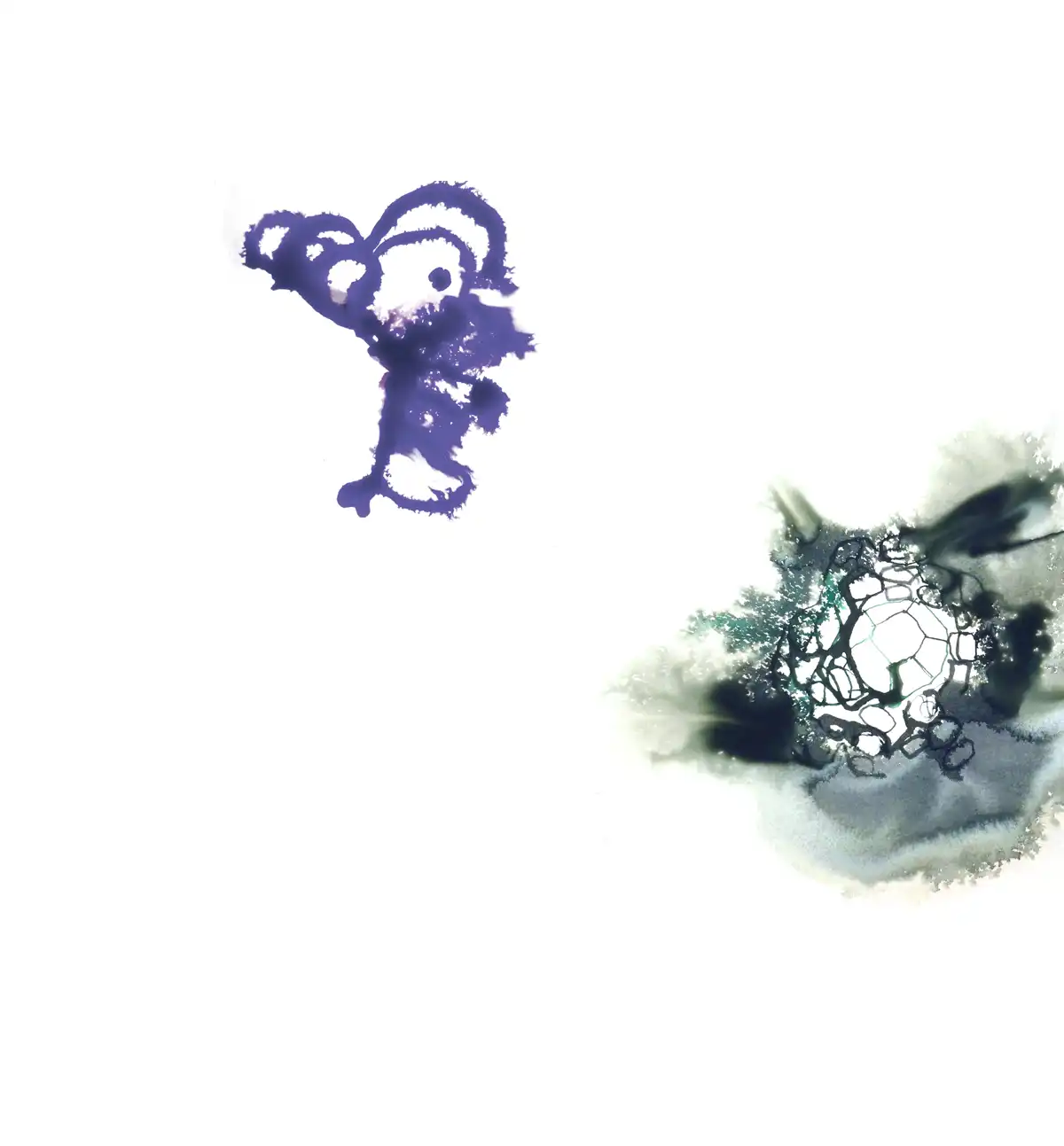
The fears continue in me. Time goes by. I don’t feel 100%. There are days of improvement, but there are more bad days.
I understand and see everything around me as a wonder, but I can’t internalize it.
I know that I have a good man by my side, an excellent companion, a daughter who is extraordinarily healthy and beautiful. An incredible family network.
But I can’t get to feel well. I feel fear, anguish, shortness of breath at times.
Sometimes my hands sweat, and my shoulders hurt. I feel like I’m drowning. I feel like I can’t get out alive from this.
I don’t want to think about trying to take my own life again. But yes, it is a thought that is in me and recurring.
I feel very sad. I feel this is never going to pass.
I feel in a dark, sad and deep hole.?
I wish all this would go away. I feel that everyone judges me, but at the same time I look around me and I see everyone so normal that I realize that they are only my thoughts.
I'm a monster. That's how I feel. I'm a wolf. That's how I feel. I feel like the worst person in the world.? I don’t know what to call this anymore. I know it’s postpartum depression, but I’d like to get out of it quickly.
My God, I don't know why. I don't know where to follow this path that suffocates me, that overwhelms me, that takes away my sleep.
And it freaks me out. I don't want to live on medication like a crazy person.
Okay, okay. I know I'm not a crazy person. I know I'm just a depressed mom.
How common are maternal mental health conditions?
UK Children's charity the National Society for the Prevention of Cruelty to Children divides perinatal mental illness into six groups, with the estimated number of women affected in England for each group as follows. More global data on the prevalence of these problems is limited.
Adjustment conditions and distress
Struggling to adapt to pregnancy or motherhood.
Affects 150-300 out of every 1,000 mothers
Mild to moderate depression and anxiety
Symptoms may include persistent sadness, fatigue, loss of interest in activities, distress, uncontrollable worries, panic, and obsessive thoughts.
Affects 100-150 out of every 1,000 mothers
Post traumatic stress disorder (PTSD)
Anxiety condition caused by distressing events like giving birth.
Affects 30 out of every 1,000 mothers
Severe depression
Severe and persistent form of depression.
Affects 30 out of every 1,000 mothers
Postpartum psychosis
Symptoms may include confusion, delusions, paranoia, hallucinations.
Affects 2 out of every 1,000 mothers
Chronic serious mental health
Existing mental illnesses, like schizophrenia or bipolar disorder, which can resurface or worsen during pregnancy or after giving birth.
Affects 2 out of every 1,000 mothers
2 Expectations of motherhood
Many expectations come with motherhood, including it being a natural and fulfilling part of being a woman, and it being a time of joy and happiness. But experts warn more attention needs to be given to how exhausting and difficult this time can also be.
60%
of mothers with emotional concerns felt embarrassed or ashamed to discuss them, or worried that the health professional would think they were not capable of looking after the baby.
“There's a fantasy world out there," Gregoire told CNN. “For most parents, it is joyous becoming a parent but mixed in with that there are all sorts of stresses, worries, traumas. And it's something that we're in almost all cultures very inadequately prepared for, because it's the most difficult thing we ever do in our lives."
Surveys in the UK show women can feel scared to admit they are struggling because they see it as a sign of failure as a mother.
"That is a predominant fear," says Gregoire. "The almost universal worry across all cultures that people are going to judge me as a parent.”
Catherine Cho and Analia Sierra share how they felt guilt and shame for not living up to societal expectations of being a mom.
“If it doesn't feel natural, it doesn't mean that we're failing as mothers.“
Catherine Cho is Korean-American and lives in the UK. Both her and her husband's families are Korean and their culture has certain traditions around motherhood, including the practice of mothers staying indoors with their baby after giving birth, going into a period of confinement that ranges from 21 days to 100.?
They decided not to follow tradition as they had plans for their parental leave: when her son was two months old, they went on an extended trip across the US to visit family. During the trip, around 3 months after having her baby, Cho developed postpartum psychosis.?
She shares how this felt as well as the sudden realization of what real motherhood is.?
Catherine Cho, 36
London, United Kingdom

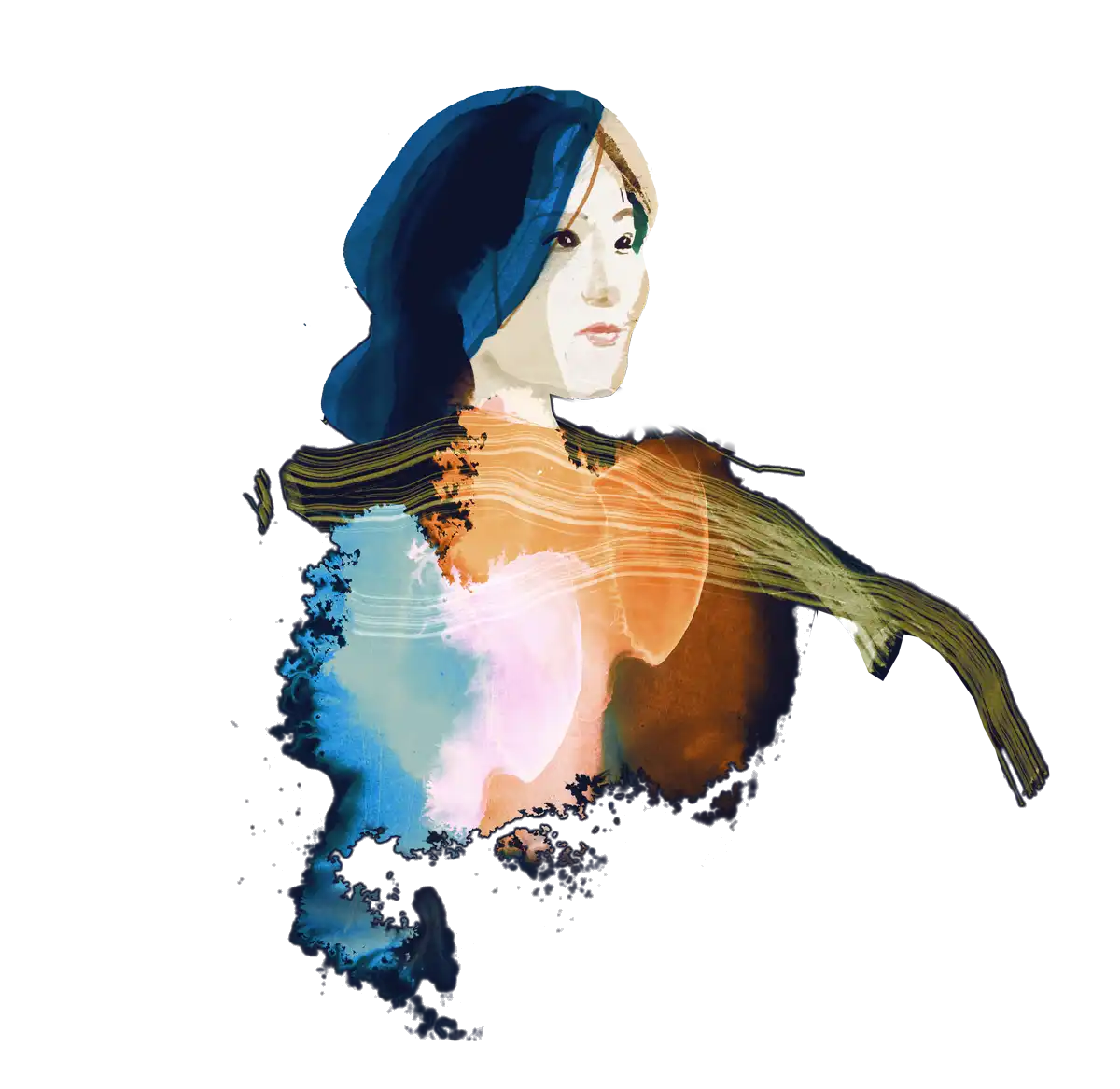

I never thought about what could happen mentally or that mental transition to becoming a mother.
I think our society talks about motherhood in a language that's about being a good mother, is about being self-sacrificing, it's about being endlessly giving.
And sometimes when you don't feel that way, or if you're not acting in that way, you can feel like a failure. You can feel that you're not a good mother. That can be incredibly isolating.
Something that I wasn't prepared for was that becoming a mother, in gaining a role, you also lose a part of yourself.
Suddenly, it's not just, you're not just you, you're also someone in relation to another person.
And that sense of responsibility was really immediate, and it felt really heavy, especially after something as physical as going through labor and childbirth, and that you don't have time to think about what that transformation means.
Postpartum psychosis is incredibly rare, but I think the things that I felt and the things I struggled with are things that are really universal for all mothers.
And I think part of the reason why there's such a stigma and shame around postpartum psychosis in particular, is that it breaks that ultimate taboo, which is that as a mother I broke, I was not just a danger to myself, but I was also a danger to my child.
I lost all sense of time. I lost all sense of reality. I thought that I was a character in Dante's Inferno, and that I was in a computer simulation of hell.
I thought that my son's eyes looked like the eyes of the devil. And by the time that my husband took me to the hospital, I was stripping off my clothes, attacking the nurses, and screaming that we were all in hell. I was separated from my son and kept in a general psychiatric ward where I was given antipsychotic medication.
I would stay separated from my son for about ten days and then I was released with only a prescription, and not really any instructions for aftercare.
I think it leads also to that misconception that, that idea that being a mother should be something that's natural. It should come naturally when actually I don't think that's true.
It's something that we have to learn and it's something, if it doesn't feel natural, then that doesn't mean that we're failing as mothers.
From when I had my son, I had a very complicated labor, and when I was talking about it with people, it would always end with, but of course, it was all worth it, which I think is language that often we are expected to use.
And, perhaps it diminishes the magnitude of what it means to give birth. Of what it means to become a mother.
I think there's a lot of wisdom in that Korean tradition of caring and focusing on the mother's health that I ignored because I didn't recognize what that was. And actually, it is that as a mother, it's important to also care for yourself, to give yourself moments of focusing on yourself.
Often you are so focused on the baby, you're so focused on making sure that the baby is okay, that actually it's to a detriment to your health, physically and also mentally.
“Nothing happened in the idealized way I had in my head.”
Analia Sierra lives in Argentina. She had a smooth pregnancy and approached the birth of her son with some apprehension, but with a fierce belief that whatever happened, it was going to be the happiest day of her life. But nothing happened as she had hoped or expected.
She shares how she felt at that time and how when she later returned to work, she felt torn between being a mom and being a woman and began to wonder if she would ever be able to fill a role. This led to her trying to take her own life.?
Sierra had postpartum depression, but it took her months to be properly diagnosed. With the right treatment and therapeutic support, she recovered and started reconnecting with her son.
She speaks in Spanish, with English translation.
Analia Sierra, 46
Buenos Aires, Argentina?
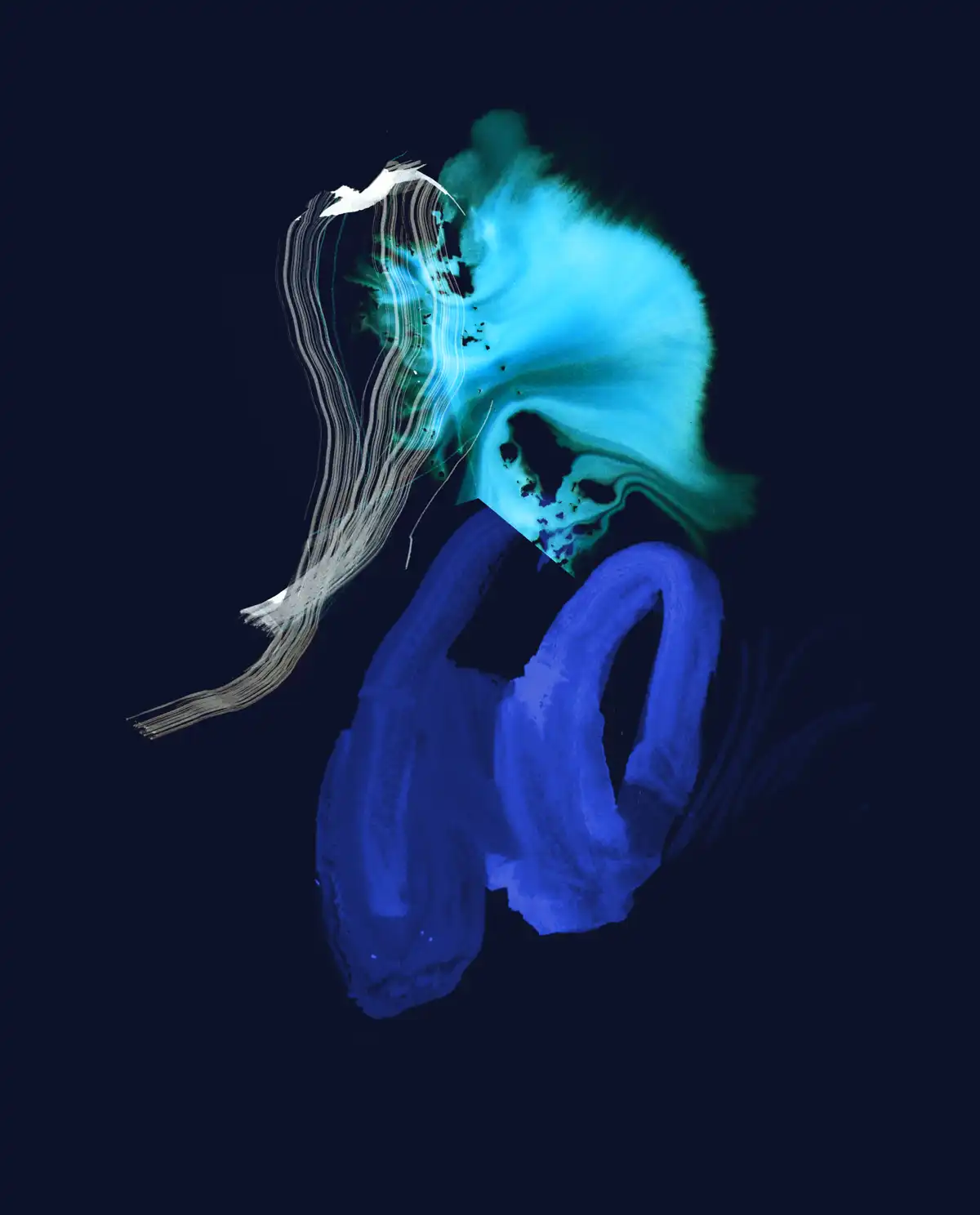
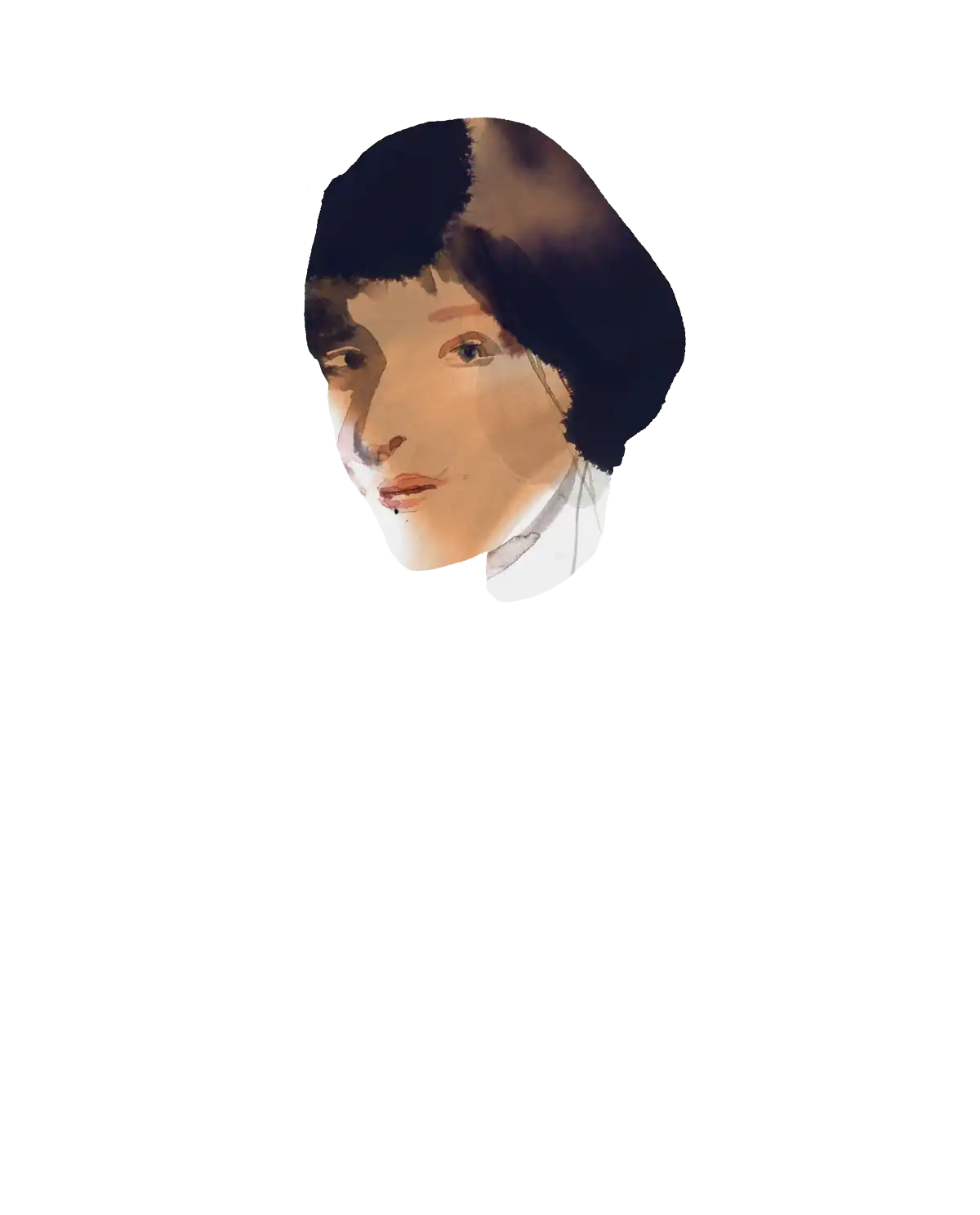

During pregnancy, the obstetrical checks always revolved around my physical condition and that of the baby, but I never received a question about how I felt, how I was, how I was doing or just like how I was sleeping at night.?
The day of delivery arrived. I gave myself to what had to happen without much information and with enough fears, but with faithful conviction and idealization that whatever happens, when I supported my baby on my chest, it was going to be the happiest moment of my life.
The truth is that these idealizations are of enormous weight and what they only do is to feed guilt, not to feel what they really should feel, to not know how to resolve how they should or do not have that maternal instinct that everyone believes that women must have.
After 11 hours of labor my son is born. And my first concern was precisely that when they put my son on the chest there was nothing about that ideal moment that they had told me about connection and love at first sight.
On the contrary, I felt exhausted, confused and guilty. Already before leaving the delivery room, I already felt guilty for not feeling what they had told me what I should feel, not feeling completely full and happy that I had given birth.
I remember arriving and leaving my son in the crib and starting to cry non-stop, sitting on the bed. I was overwhelmed by enormous anguish that I could not control or understand.
There was no apparent reason or cause for such distress. But my husband comforted me by saying that it was a hormonal issue and that it was going to happen. The famous baby blues.
The days went by and I was distressed. I was feeling worse and worse. My crying persisted. The lack of attention, the memory.
Things as simple as choosing the clothes to wear. I couldn't do them anymore.
In the midst of this panorama was also breastfeeding. Another, not minor issue. Nothing happened in the idealized way I had in my head. It was a long way from an act of love. It was more like fighting and torture every time I had to put it (the baby) on my chest.
In this chaotic context, I'm going back to work. But it was for the worse. I had no memory. I didn't remember anything. I had no concentration and I couldn't stand the comments below either.
This was my most resounding failure. I had placed all my hopes on finding myself again.
Work was the center of my life before giving birth, but now I couldn't fit into this new work environment, nor at home. So what was I?
What did I do with my life? I didn't feel like a professional or a mother. I was feeling trapped. I began to have strong suicidal ideations.
I no longer had the slightest hope of getting out of that daily nightmare.
One day I couldn't stand it anymore, not being part of my son's life and feeling a hindrance. I thought my son and family would be better off without me.
I took a few sleeping pills in the hope of not waking up anymore.
Sierra is now president of the charity Salud Mental Materna in Buenos Aires, which provides mental health support to mothers locally.?
3 The impact of inequality
Perinatal mental health issues can affect anyone regardless of location, health, social or economic status, but certain factors can worsen or increase the risk. These include living in fragile humanitarian and environmental settings, as well as contexts of economic inequality, racial, ethnic, and religious persecution.
"Women in low- and middle-income countries have fewer protective resources than in high-income countries, and the resulting risks affect mental health," explained Jane Fisher, director of Global and Women's Health at Monash University in Australia and past president of the International Marcé Society for Perinatal Mental Health.
Being poor makes every aspect of life more difficult: the quality of housing is inadequate, there are fewer financial resources to buy food, medicine, health care, baby equipment or transportation; jobs are less well paid and harder to secure, so there is less food and less nutrition, she told CNN.
All these factors are a source of stress and contribute to mental health problems, Fisher concluded, as Yolanda Itoe and Anita Mahato’s experiences show.
“Will I be able to love and care for this child?”
Yolanda Itoe, whose name has been changed to avoid stigma in her community, was born in a village in southwest Cameroon. Her mother left when she was 1 year old and she grew up with her step-mother, who she says made life difficult, and this made her own process of becoming a parent more difficult. She is now married and a mother of two, a boy and a girl.
During Itoe’s first pregnancy in 2018, conflict began where she was living in Bamenda, North West Cameroon. At that time, she was working as a legal secretary, but the crisis affected her husband, who lost his job. They moved to the remote village where her husband grew up and it was among this poverty and difficulty that she started struggling with her mental health and was later diagnosed with postpartum depression.
Yolanda Itoe, 30
Bamenda, Cameroon?

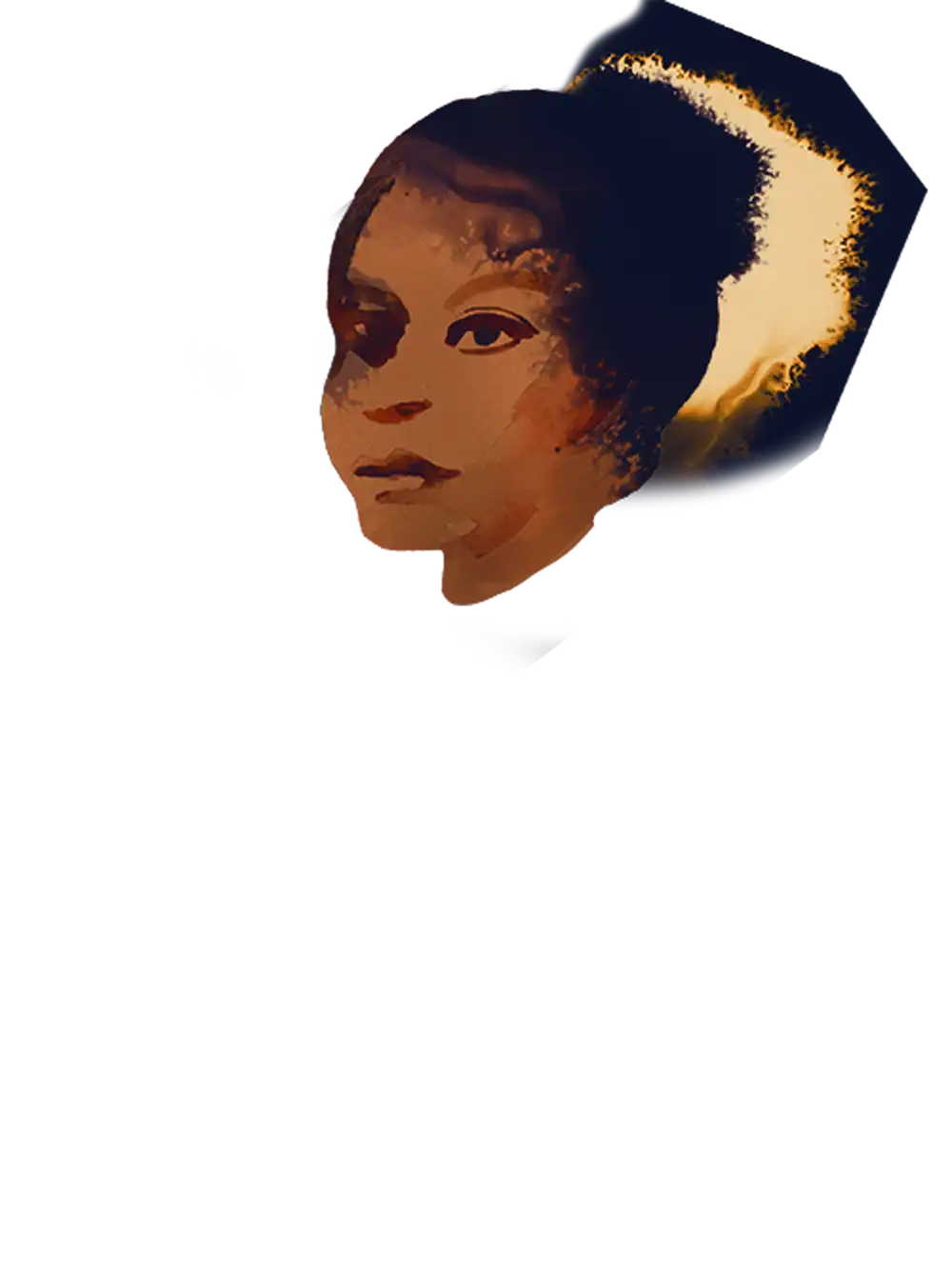
Eating in that period was the hardest thing ever. There were days we went to bed with no food. You can just imagine a pregnant woman staying the whole day with no food.
It was horrible.
During my labor pains, it was around 12:30 a.m. No car, no bikes were on the road as there was a ban on movement of vehicles.
I had to travel with my husband to the hospital. A far distance. I thought I will put to (give) birth on the road, but God so kind and managed the pain. I got to the hospital.??
After I put to birth, nothing changed. Our house was near the Carrefour, where most of the shooting was taking place. We had to go to the bush to hide. We are exposed to mosquitoes and several things.
I felt pity for my child, as all my effort was concentrated to save him.
No good food in the bushes, no good water, no good place to lay your head and nothing to protect yourself and that of your child.
My child got sick at one point. I thought I would lose him.
Life was too difficult.
I had these terrible thoughts in my head, which I was fighting alone with. I couldn't explain it to anyone, not even to my husband.
It got me restless.
When struggling with my thoughts, I asked so many questions, like: Why did my mother abandon me and never came back? Why did I accept to get married? Why did I just get pregnant so easily? How are we going to manage to take care of the child? Will I become a good mother? Will I be able to love and care for this child? What if I fail being a mother?
I wonder if I'll ever be able to go back to school after being a mother.
The crisis, too, added as the insecurity increased. I felt so lonely during that time.
Unconsciously, the too many thoughts changed my behavior in the house, especially towards my husband as he noticed how unhappy I was.
I had to battle with my thoughts alone, as I had no one to talk to.
At some point, it got worse and I had to share some of my thoughts with my husband as I couldn't bear it alone.
Itoe is now a student nurse and lives closer to her family. She continues to struggle with her mental health but is monitored and is receiving treatment as needed.
“What will I eat? What will my child eat?”
Anita Mahato, whose name has been changed to ensure her safety, lives in an indigenous village in rural Jharkhand, eastern India.?In Jarkhand, child marriages are among the highest in the country, according to the 2022 Union Home Ministry’s demographic sample survey, and women suffering from mental health issues are often assaulted and branded as witches, as seen by Sachin Barbde, a community mental health physician leading Ekjut’s mental health program in the area.
Married at a young age, Mahato moved in with her in-laws. It took a while for her to become pregnant with her husband, for which she says she was ridiculed, but that a doctor had told her that her body had not matured enough to get pregnant. When her first child was finally born in 2020, she did not have enough money to feed her baby and gave him a rice starch mixed with water and sugar for the first three months.
She soon began to struggle with her mental health, becoming restless and crying continually, and was diagnosed with depression and post-traumatic stress syndrome.
Mahato speaks to a member of her community in Hindi, with English translation.
Anita Mahato
Ruidih, India

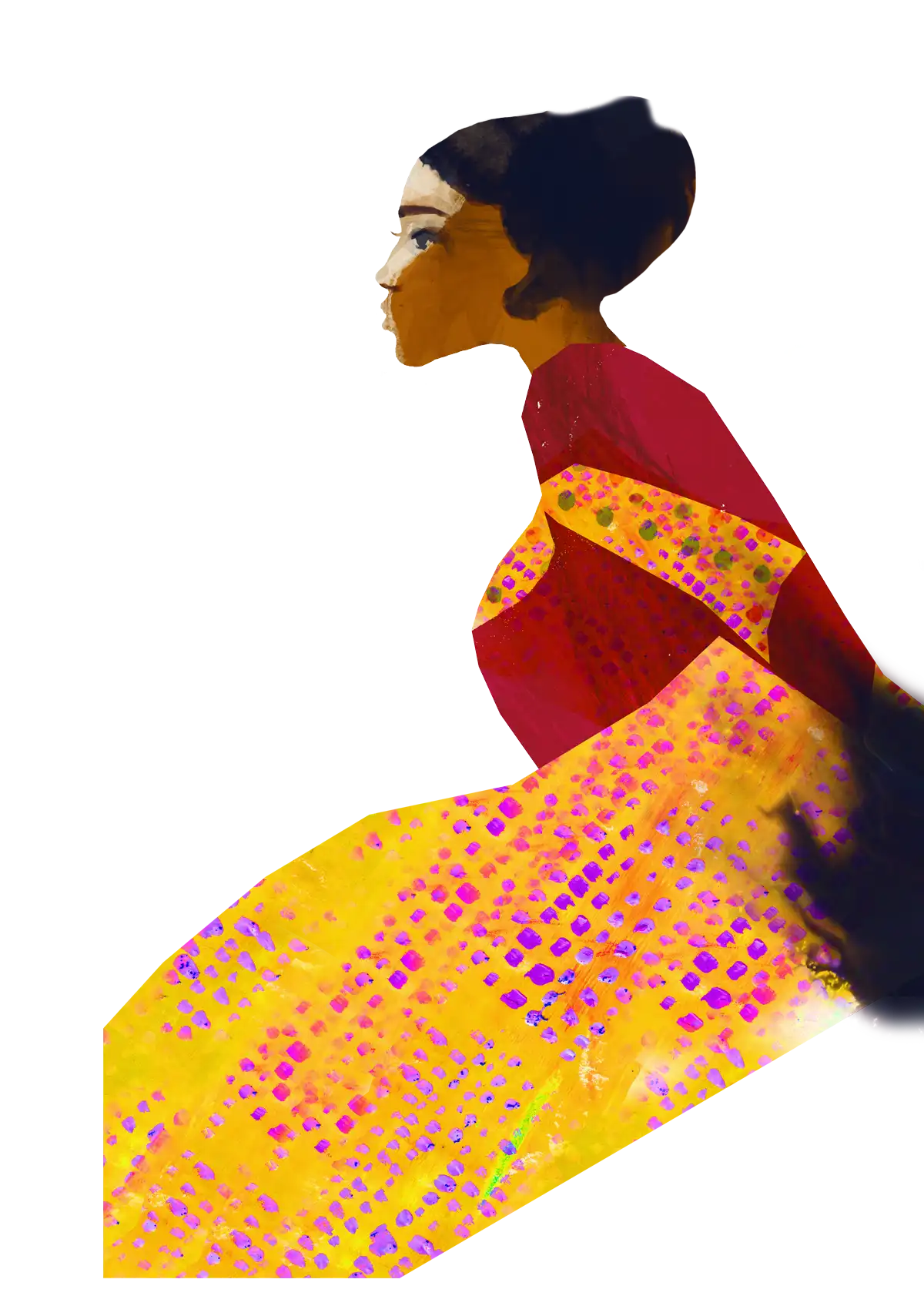

When I first became a mother, I felt good. Finally, I had also become a mother.??
I have been ridiculed for not having a child to date. I used to feel bad.?
But after I became a mother,?I used to cook and take water from rice starch.??
I started feeding him rice starch mixed with water and sugar from his bottle.?
Once he was three months?old,?I started giving him biscuits soaked in water.??
I fought as well because I just didn’t want my baby to stay hungry.??
I continued with starch water and biscuits.?? I used to tell my parents and brothers to help me financially,?? but they felt giving money was not easy, they would fear if I would spend the money on feeding the child. They were not financially well off, none of them have any government??job,? but they used to send some milk packets, and I survived with them for a long time.??
I also couldn't sleep. For instance, if I would go to bed at 8pm, I'd be up by 10, 11, 12 and I would wonder what I would do tomorrow. What will I eat? What will my child eat? And how would I do anything? How would I go for a shower if it rains?
Though she continues to struggle with her mental health, Mahato is now receiving counselling and telepsychiatry treatment from Ekjut, an NGO engaged in community health programs with indigenous people.?
4 The status of women
Gender inequity is among the top risk factors for poor mental health of mothers globally, according to a 2021 report by the US Agency for International Development.
The report highlights that living in settings where women experience little economic autonomy, where they bear an unequal burden of household responsibilities, or where they have limited reproductive choice leaves them prone to depression and other related perinatal mental health issues.
“Mental health is worse where women lack access to reproductive choice about how many children they want to have, at what age and at what spacing,” Fisher of Monash University explained. “In settings where there is a strong preference for male children, women can be held responsible for the birth of a female child,” she added.
This was a situation experienced by Charisma Ncube in Zimbabwe.
“The more a mother is happy, the more the baby gets”
Charisma Ncube, who name has been changed to avoid stigma in her community, lives in Harare, Zimbabwe and has five kids – two boys and three girls – with her youngest born in 2022. The pregnancy scan for her last child revealed that the baby was a girl, leaving her husband disappointed.
Ncube developed prenatal anxiety and depression around seven months into her pregnancy, which lasted until after she gave birth. She received prenatal support for anxiety and depression at the Glen View polyclinic, where grandmothers take care of pregnant women and give psychosocial support.?
She describes the challenges – both physical and social – that a woman has to face when becoming a mother in her cultural context and how they played on her mental health.
Charisma Ncube, 39
Harare, Zimbabwe?

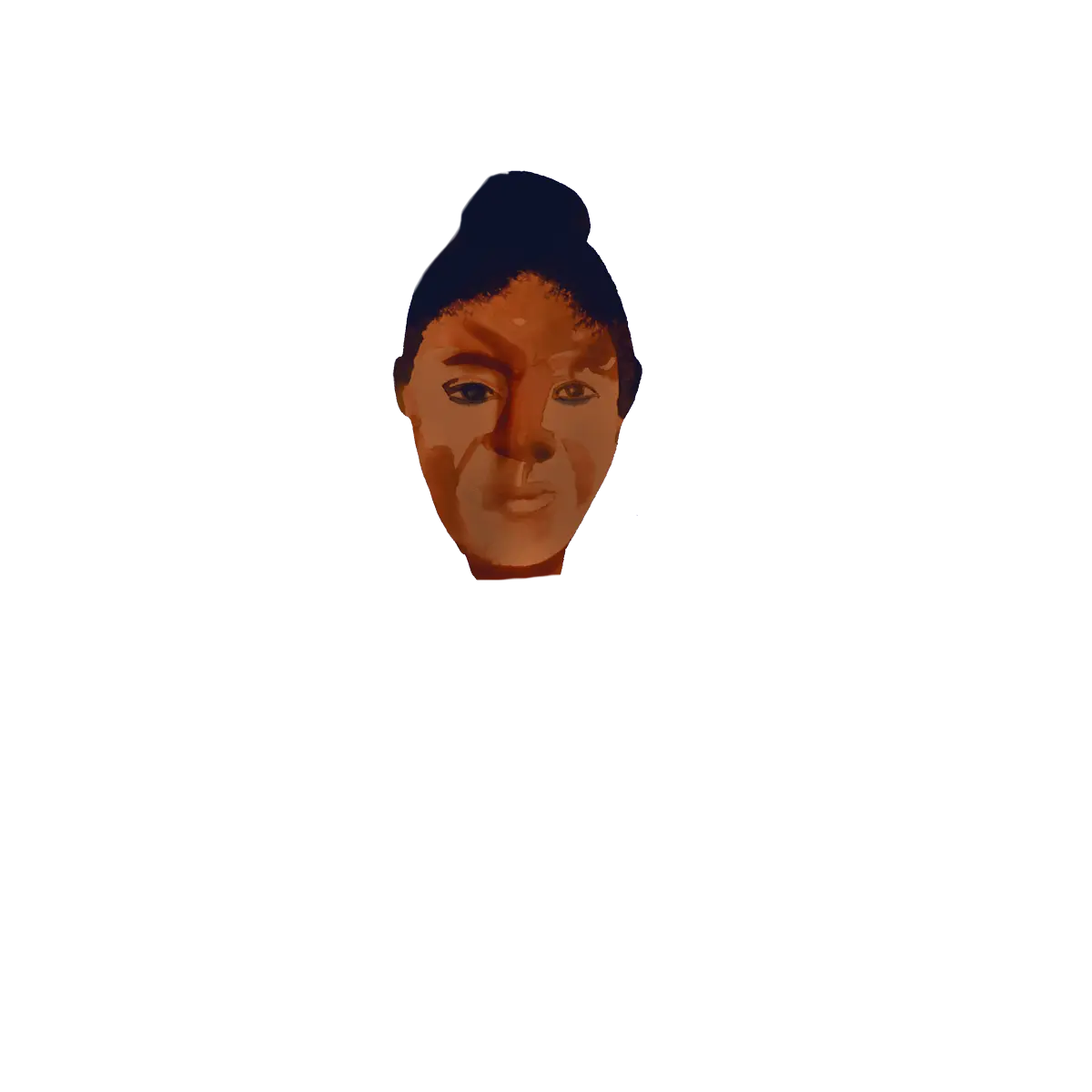
As a mother we face certain difficulties during pregnancy. Sometimes it might be difficult to get pregnant.
Sometimes it ends up giving the pressure to the mother, if you fail to get pregnant in that expected time.
When you are pregnant, there are certain challenges as well that may arise. You might get sick. There are certain changes about your body, about everything. You need to endure those pains.?
Even those surrounding you could not understand how we are feeling, how we are taking it through.
During that scan, that's when we observed that the baby was a girl. But this did not go well with the father because he was expecting a boy.
So, he was so devastated. He was so heartbroken.
I was so shocked, and I was so surprised. But when you find out that your partner is no longer interested in this, then you begin to think: "So what am I going to do with this baby?"
You try to analyze everything. You try to analyze every moment.
How am I going to provide for this baby alone? Am I going to provide the best for that child? Am I going to love that baby? Will the father as well love that baby?
So, you try to think of ways and try to analyze. But at the end of the day, you come up with nothing.
My whole body was in pain. I was even struggling to walk, especially the lower body was in too much pain. As if the baby was about to come, but it wasn't time for labor.
Even my heart, it?wasn't working properly at that time. I wasn't breathing normally. It was a difficult situation.
I was in such pain that I couldn't understand, as if I was under a spiritual attack.
I went for a counselling session and she helped me a lot.?
I believe a mother is a special thing because she's the only one who is capable of loving the children more.
She's capable of giving or providing love.
The more a mother is happy, the more the baby gets.
Almost a year later, Ncube says she is doing well and that her husband has since accepted their daughter.
5 No one to turn to
Experts told CNN that a widespread lack of awareness, support and expertise means that millions of mothers with mental health problems go undiagnosed.
“For a woman to speak about her needs, there has to be someone willing to listen (respectfully) and to act. This is rare in settings where there are almost no specialists and many primary health care workers are themselves overburdened and under-trained,” Fisher told CNN.
Support throughout the maternity care pathway is particularly important for women who do not have access to the protective elements of social and partner networks, as it may be the only source of support, she added.
Meradeth Montoya and Yoko Hamada share the impact the poor social and professional support they experienced on their mental health after birth.
“It's just amazing to me, the lack of support we receive”
Meradeth Montoya is from a small town in New Mexico in the US.?
In 2021, she gave birth to her fourth baby, and went through her third experience of severe postpartum depression. Despite her history of the condition, a lack of mental health support in her area meant that she was unable to see a psychiatrist until her baby was four months old. She also had suicidal thoughts.
Five months after having her last child, she opened up about how she felt during that period, and how the public health system had failed her.
Meradeth Montoya, 32
Socorro, United States

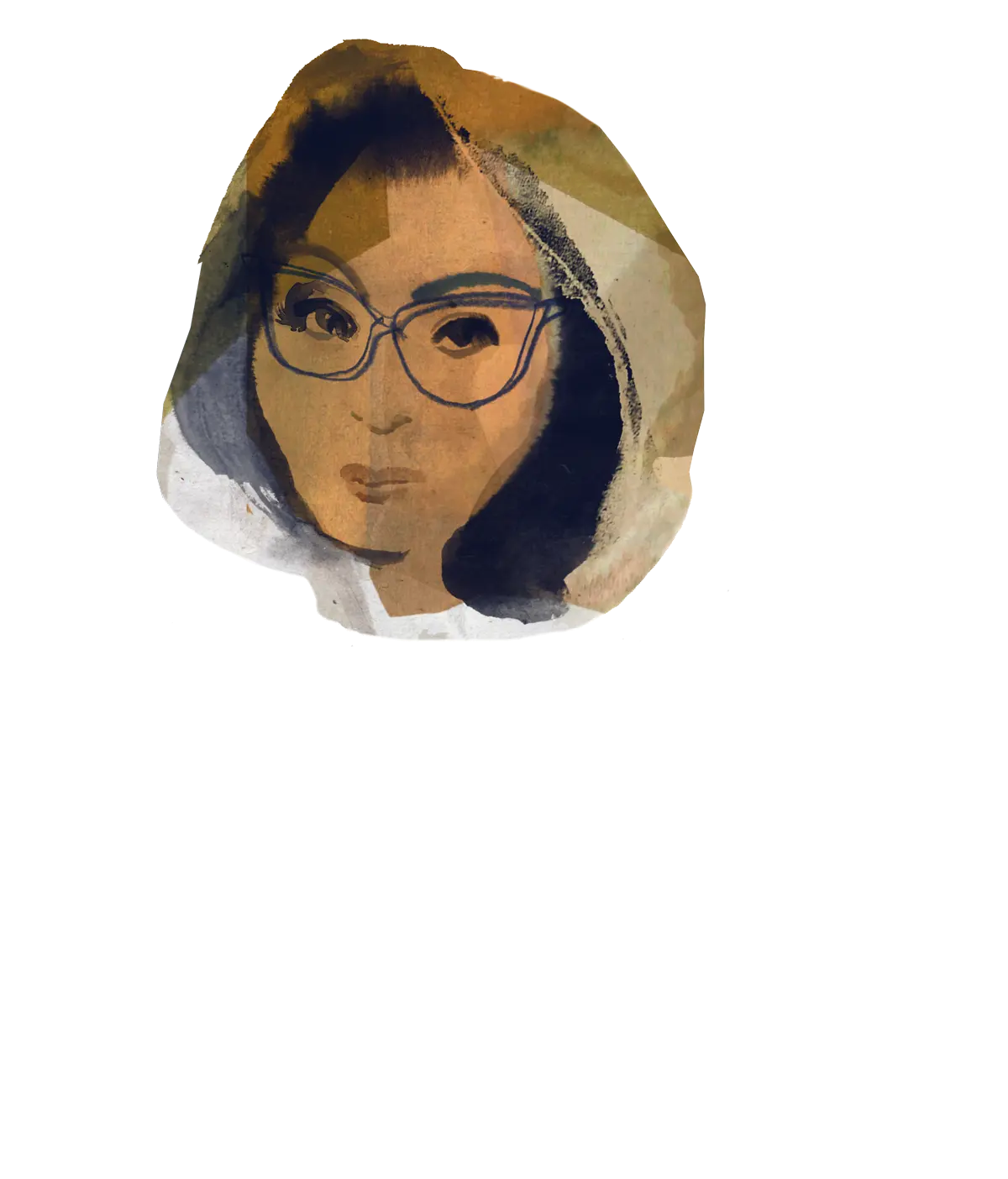
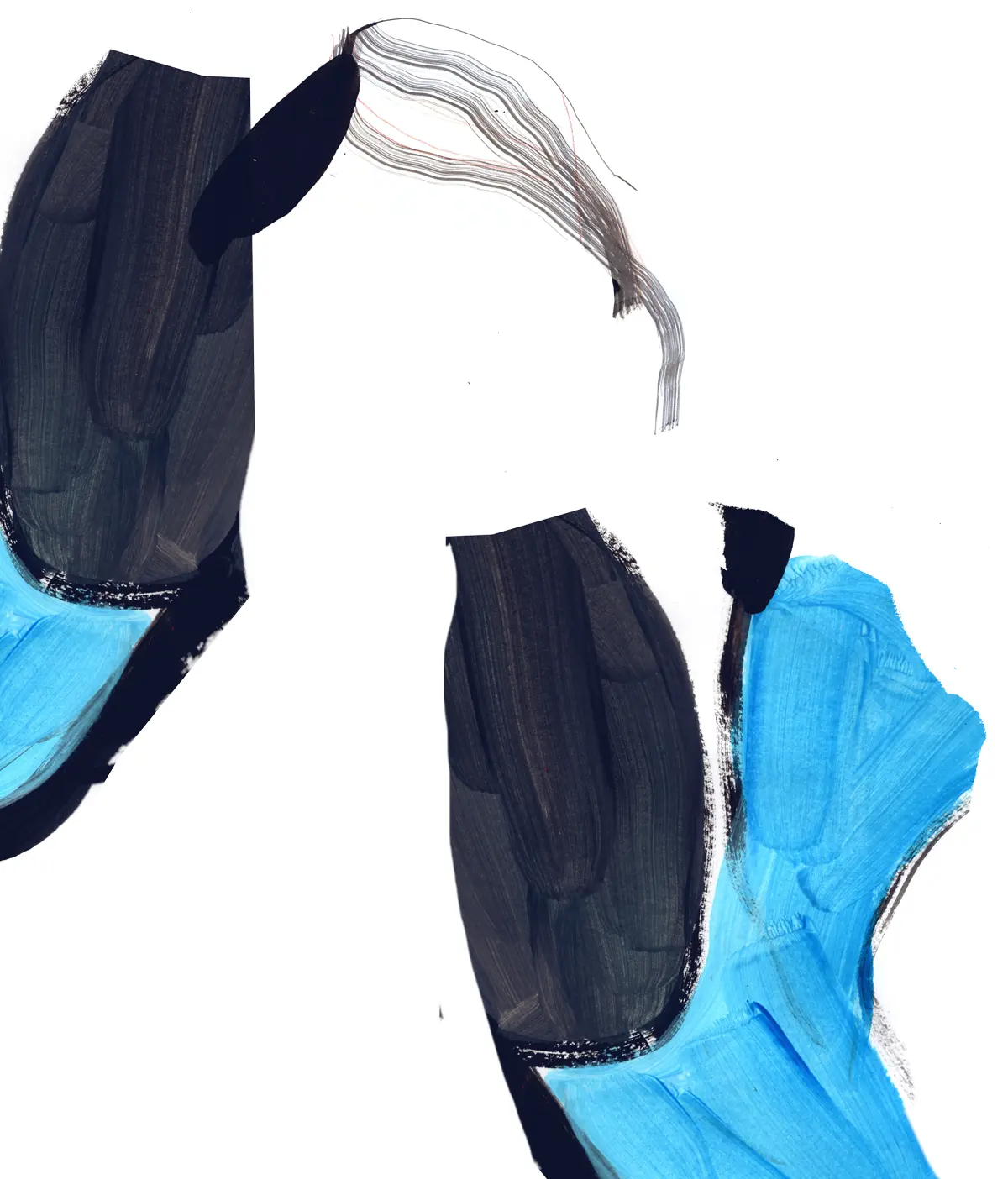
I'm not 100% myself, and it's been five months since I have had a baby. Some of the thoughts I had, were just like I'm not a good mom and how can I be a good mom when all I do is cry all day and can't even get up to shower, eat?
I wanted this baby so bad and I love her so much. And my fear was that she was going to hate me for bringing her into this world, and basically taking myself out of it.
The meds weren't working. Therapy wasn't working. You know, doctors couldn't figure it out and I just couldn't live like this.
That was in my mind the whole time. And in my mind, the only option to make it stop was to end it.
But I was, and I am, actually scared to die. And I was also scared to live without my kid.
I don't think mothers are supported physically and psychologically here. I actually had to wait almost three to four months to see a psychiatrist here. Some moms don't have three months. You know, I was fortunate to be able to make it to those three months. You know, someone would actually lose the battle with it.
Over here, if you hospitalize yourself, you're most likely to go to a mental institution with an entire different range of mental illnesses. It's not specifically for postpartum alone.
It's just amazing to me, like the lack of support we receive. It's just unbelievable. I think it makes it difficult for moms to even be able to speak up because, you know, there's not enough resources out there or research or support. And, you know, why are you going to want to tell your story or tell how you're feeling when half the time you feel like you're judged or you're not going to get the help you need?
Some days it takes a lot just to even be okay. Not great. Not better. Just okay. And on those days, I can't deal with therapy, and falling apart all over again.
Unfortunately, taking care of my mental health isn't always my top priority as bad as it sounds.
I feel like most days were a blur just going through the motions, especially the first three months. All I really remember doing is crying and crying. I didn't want to sleep or eat, but just cry, and I would constantly beg God for help.
Unfortunately, this is the time that I'll never get back, and I'm not sure if my kids will 100% remember it, but unfortunately I do.
“I just wish there was a place where I could easily get some help”
Research shows that low levels of social support is associated with postpartum depression in Japan.
There is a traditional support system in the country, called Satogaeri Bunben, which can be beneficial for women after giving birth: pregnant women return to their hometowns a few weeks before delivery and stay there, with their babies, after delivery for a couple of months.?
Yoko Hamada, whose name has been changed to prevent stigma, returned to her own home to be with her husband after giving birth, but soon after, in August 2021, she began experiencing moodiness and insomnia and was constantly afraid of caring for her baby. Three months later she was diagnosed with postpartum depression and returned to her parents’ home, where she stayed with her parents for more than seven months.?
Hamada works in healthcare and wishes that better postpartum care and a support network had enabled her to raise the baby at home and with her husband. The Covid pandemic also played a big role in her experience of care.
She speaks in Japanese, with English translation.
Yoko Hamada, 36
Fukouka, Japan?
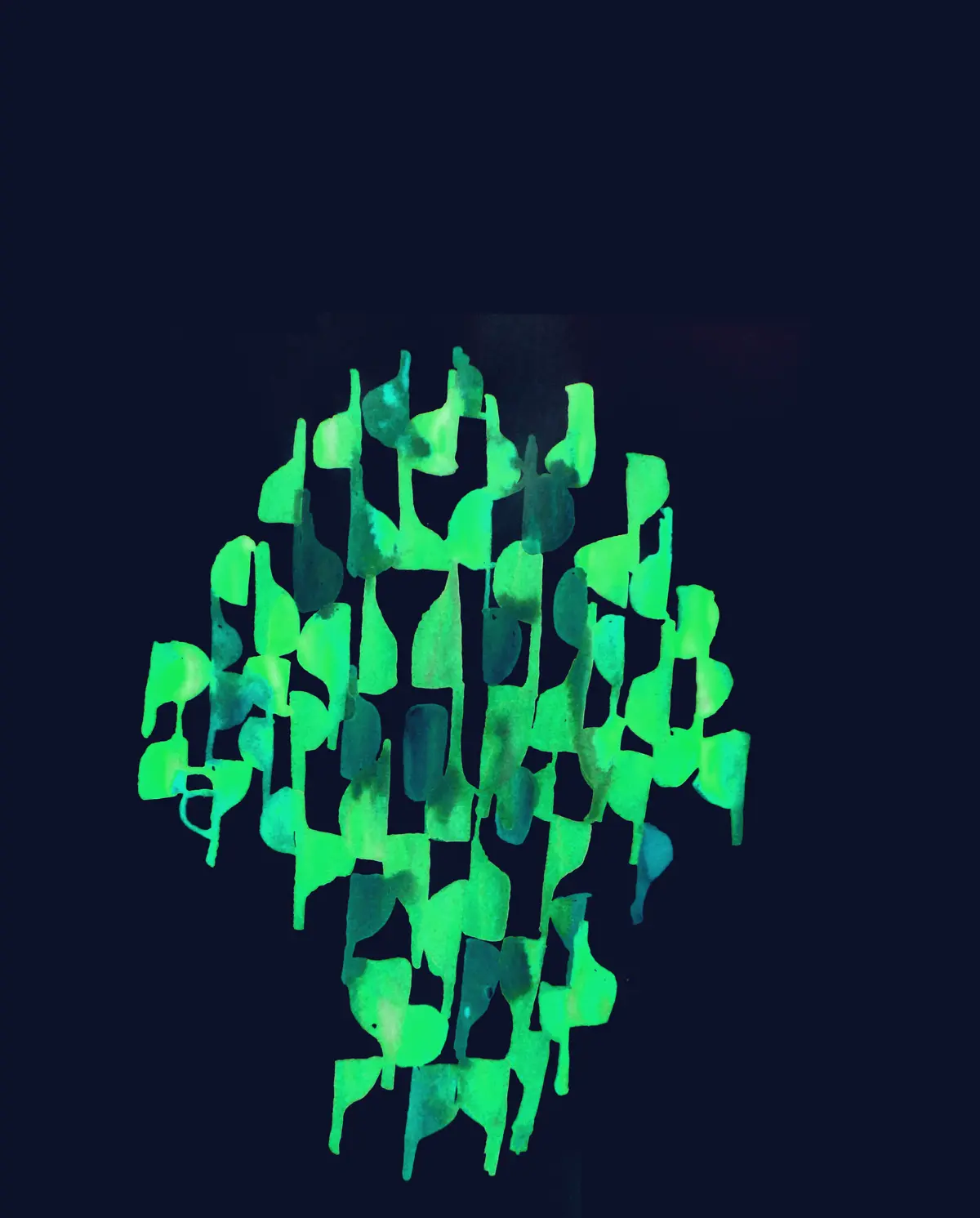
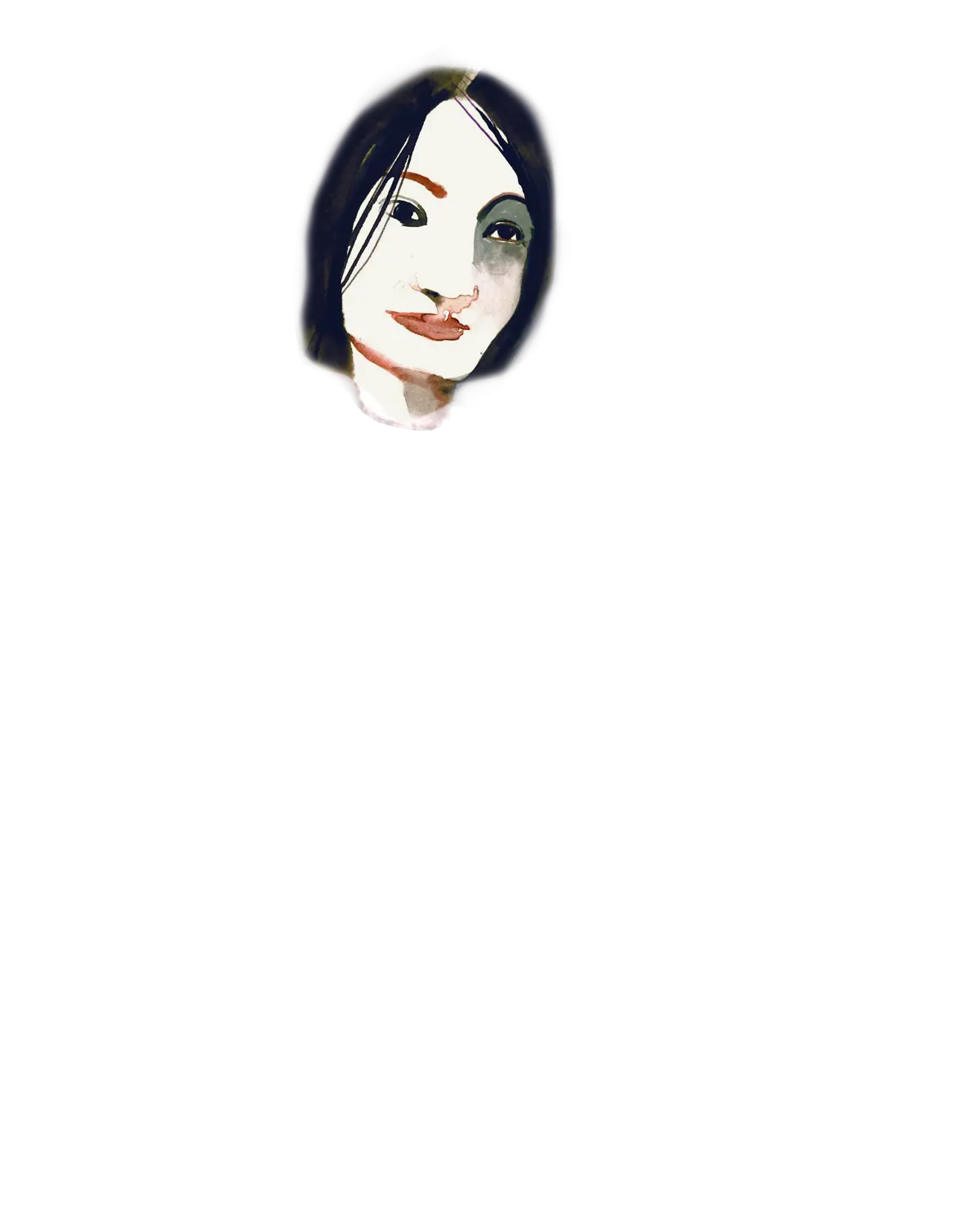

Having heard about it [sudden infant death syndrome,] I began to worry about what would happen if my baby died while I was sleeping.
It made me very anxious and I couldn't sleep well. A public health nurse came to my house at the end of September and recommended that I go to a clinic.
I was examined in early October. It sounded like postpartum depression, but the doctor wasn't a specialist, so he didn't seem to understand it well.
The doctor told me to start with herbal medicine because I can't take medicine while breastfeeding, so I started treatment using herbal medicine.
I felt better for a while, but after two weeks, I drastically started to feel depressed.
I was filled with nothing but thoughts of wanting to disappear. I couldn't sleep at all.
My family told me to come back home, so I went back.
It's reassuring to have my mother nearby, who is a senior in child-rearing. It also helped that my mother did the housework. It was very helpful.
I think it was reassuring to be able to think together about child-rearing, why they cry so much, whether they're hot or cold, and not worry alone.
Due to the influence of COVID, there were few opportunities to learn, they would tell us to watch a video and learn about bathing at maternity hospitals, and maternity classes for pregnant women were mostly cancelled, and they were only available online. Learning opportunities were very limited.
The impact of COVID was huge.
I wish there was a facility for mothers where they could get support at any time in a more comfortable way.
I'm in a medical profession, but I was embarrassed to have a mental illness, and I couldn't tell my friends that I had postpartum depression.
This time, I realized that there is a culture that makes people feel embarrassed about mental problems. I couldn't really talk about it.
I think it would be nice if Japan became a little more tolerant of mental problems, and I think it would be nice to have a place to learn more about mental illness.
Being close to her parents helped Hamada overcome the difficulties, but she wished she had received better postpartum care, and sooner.
After receiving the right treatment, Hamada began to gradually feel better and was able to return home in April 2022.
Maternal mental health support
If you or someone you know might be at risk of postpartum depression, anxiety or other maternal mental health conditions, here are ways to help.
If you are in the US, you can call or text the Postpartum Support International (PSI) HelpLine at 1-800-944-4773. The HelpLine is not a crisis hotline and does not handle emergencies.
To find support in other countries, see a list of providers here. To join an online support group, click here.
Here is what to do when you or someone you know might be at risk of suicide.
Suicide and Crisis Lifeline in the US
Call or text 988-The Lifeline provides 24/7, free and confidential support for people in distress, prevention and crisis resources for you and your loved ones, and best practices for professionals in the United States.
En Espa?ol: Linea de Prevencion del Suidio y Crisis: 1-888-628-9454.
Getting help around the world
For support outside of the US, a worldwide directory of resources and international hotlines is provided by the International Association for Suicide Prevention. You can also turn to Befrienders Worldwide.
Editor’s note: All references to “disorders” in the feature – except when part of the name of a condition – have been changed to reflect the growing view in the mental health community that this language is stigmatizing.

